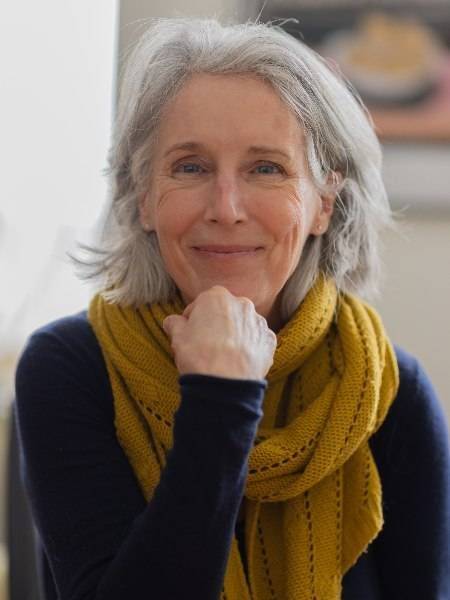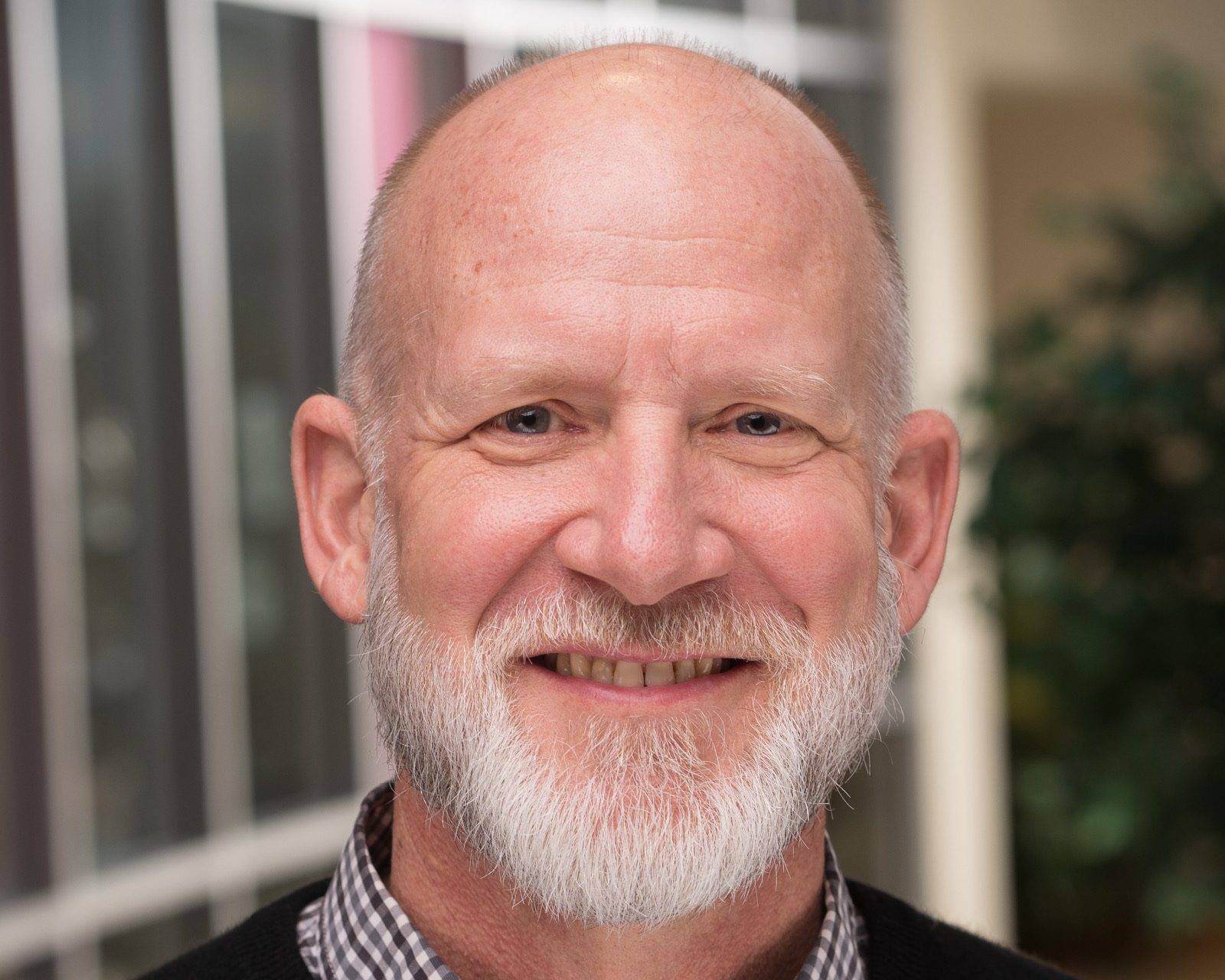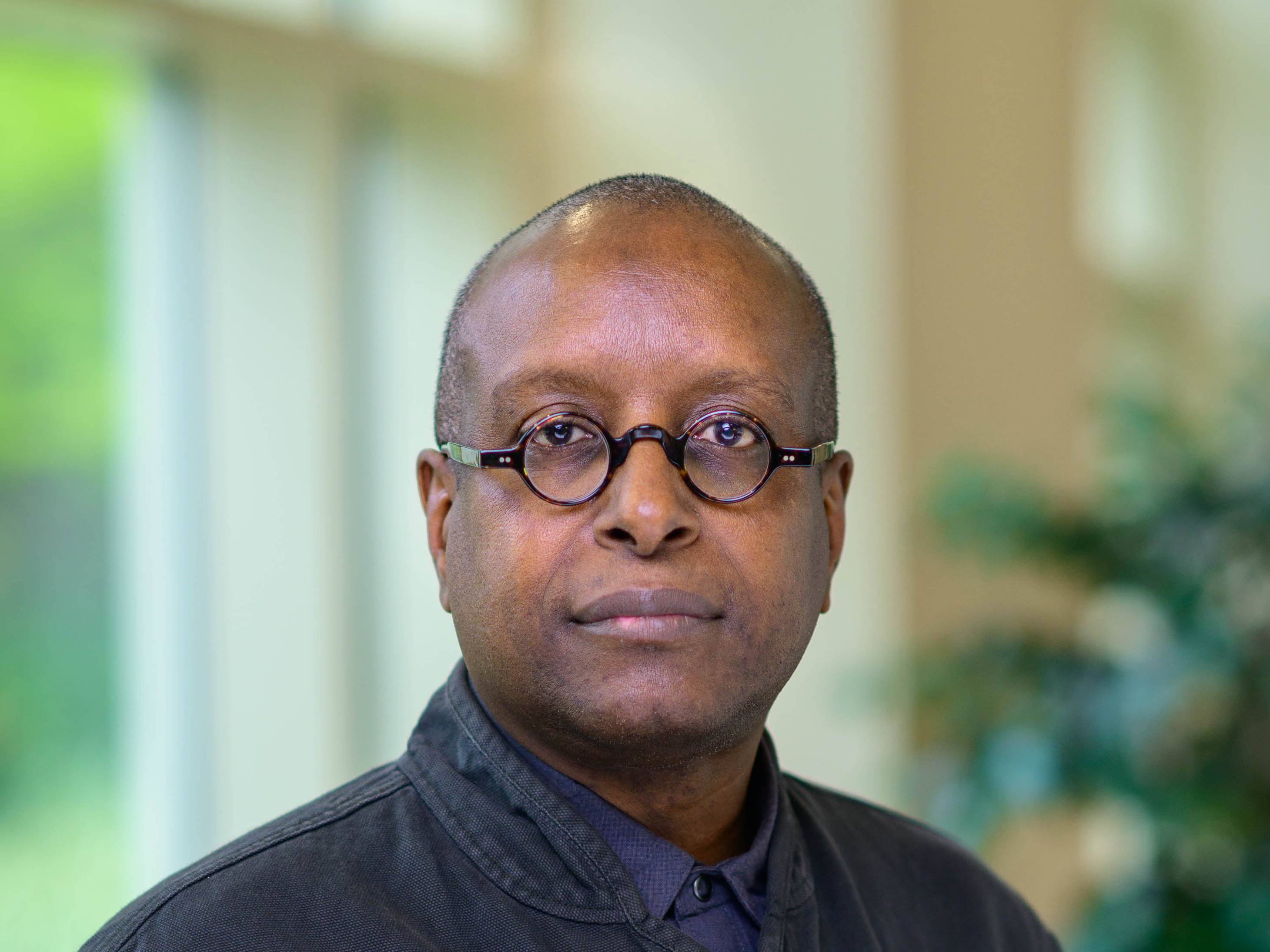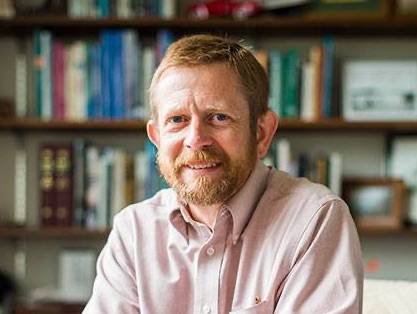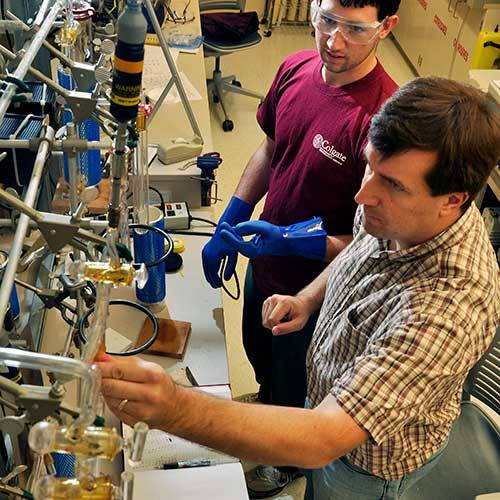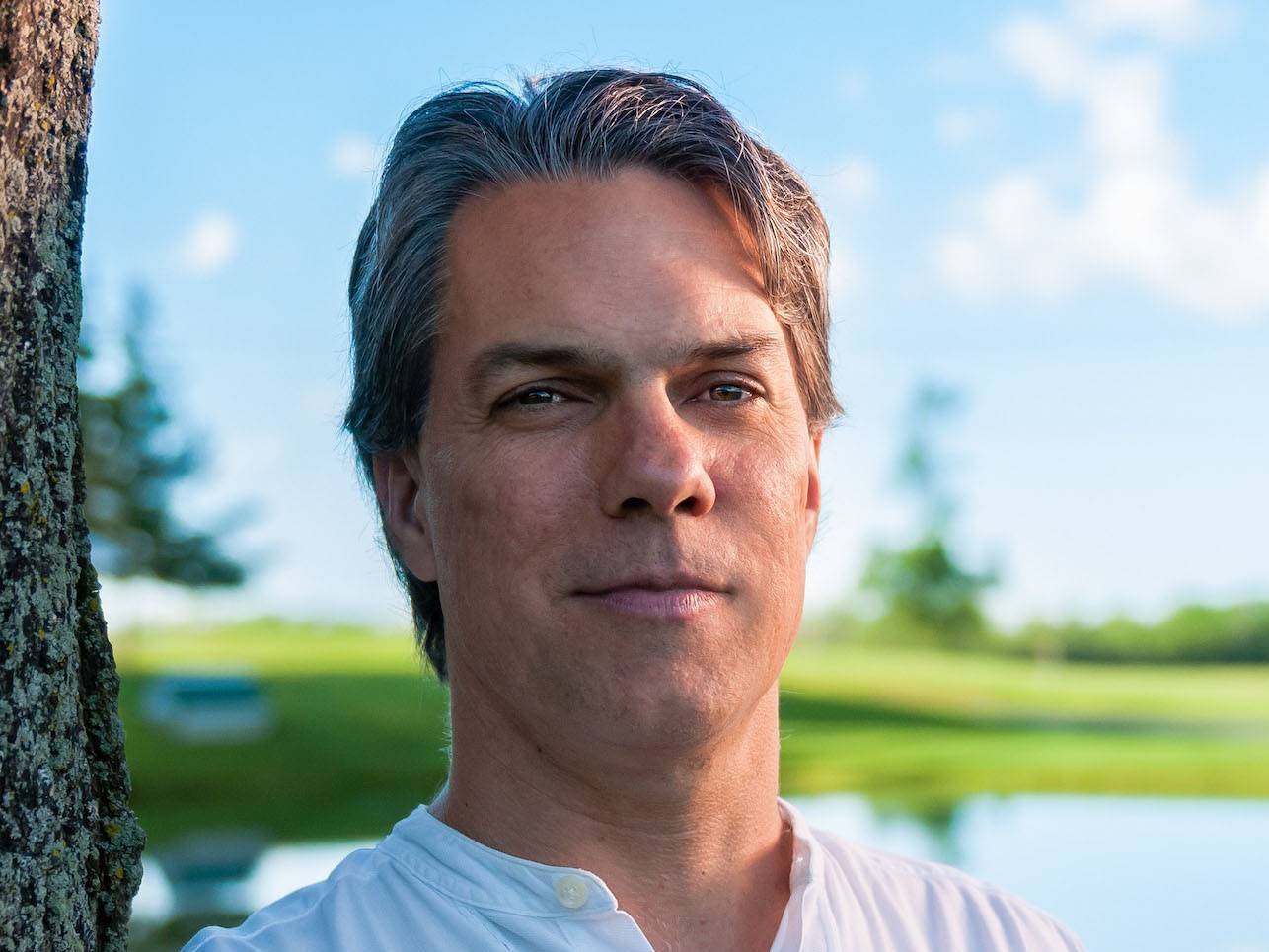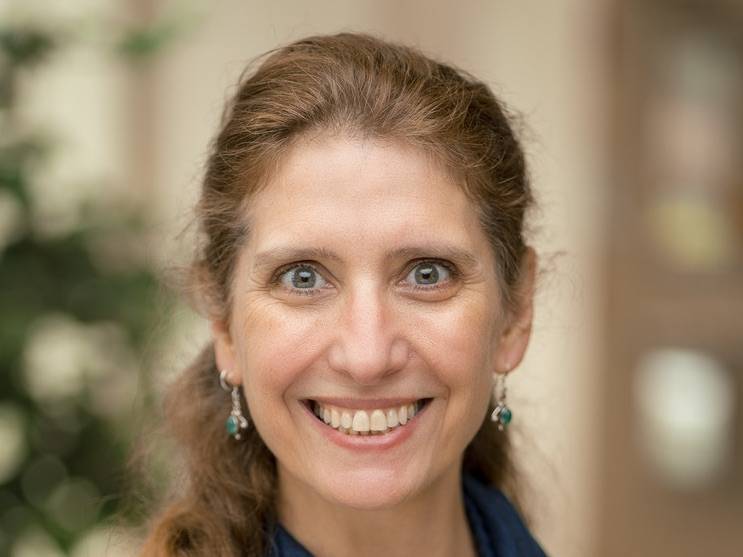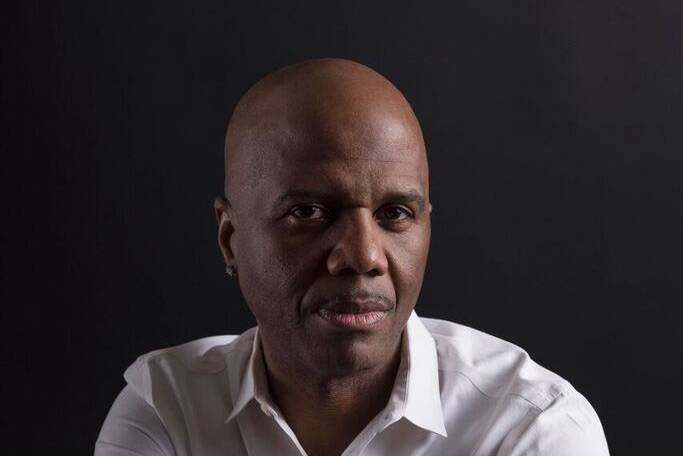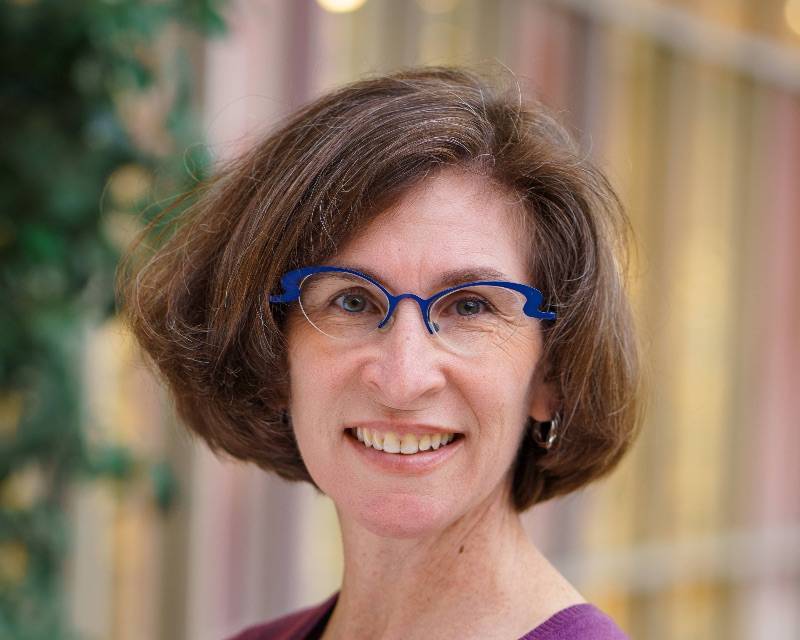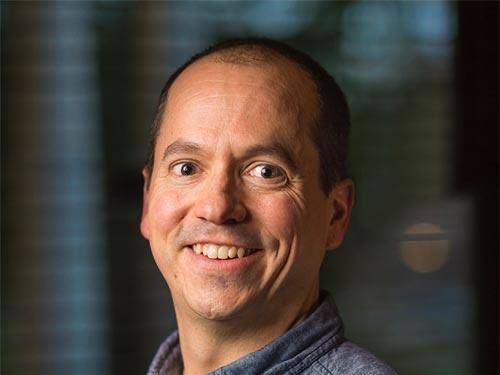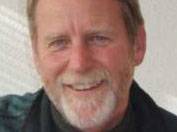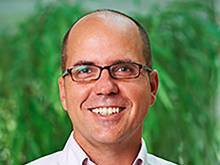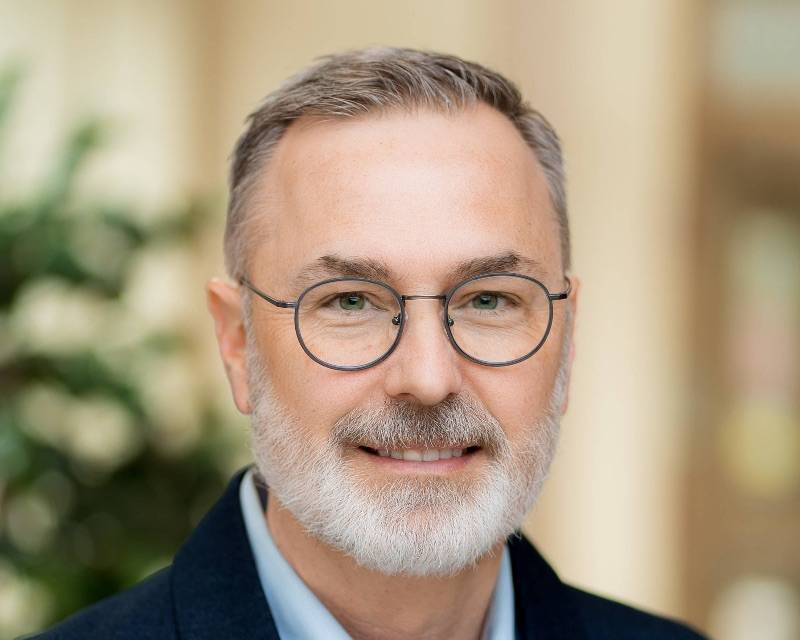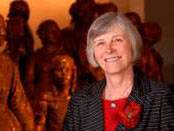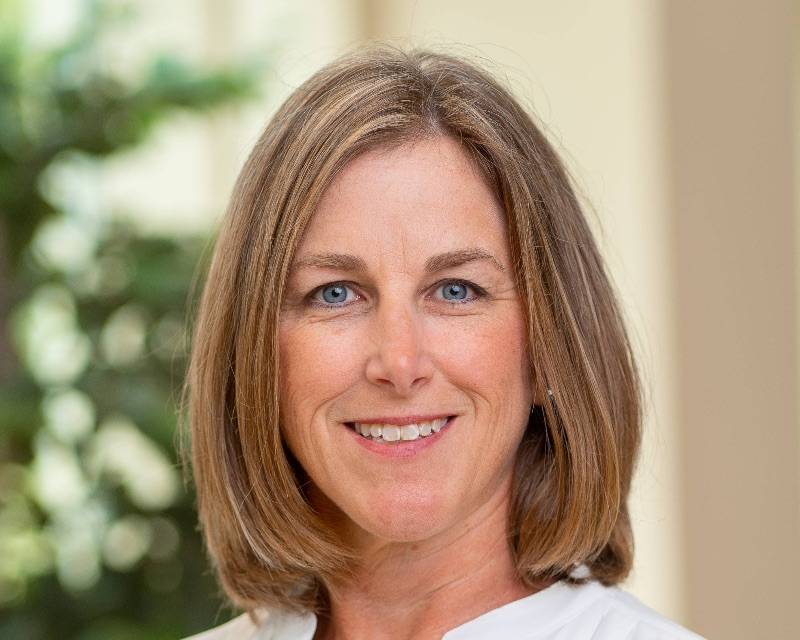The Gretchen Hoadley Burke ’81 Endowed Chair for Regional Studies is an annual appointment that supports outstanding teaching and research on the upstate New York region.
The appointment is for both Colgate faculty and leading scholars in the upstate New York region. The Burke Chair teaches two courses during his or her appointment and provides lectures open to the campus and the community. Established in 2006 by Stephen Burke ’80 and Gretchen Hoadley Burke ’81, this chair is supported by an endowment fund created to support and recognize outstanding scholars whose research interests focus on upstate New York.
